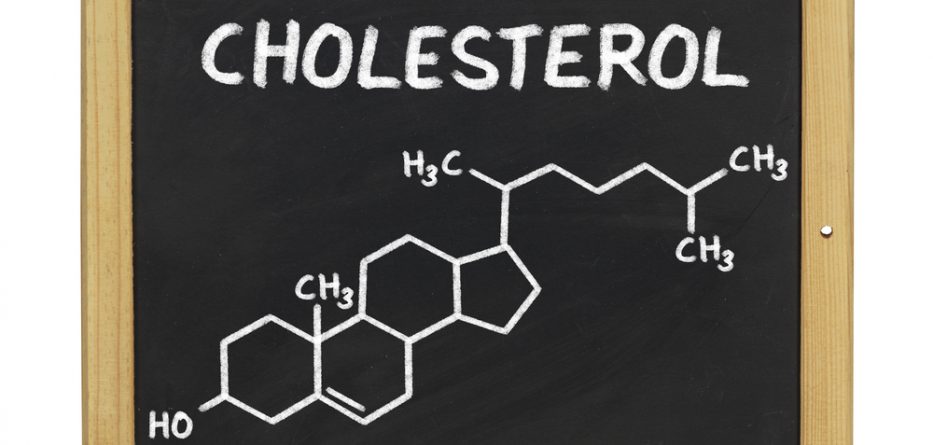Repatha and Praluent are both drugs that can help to lower LDL cholesterol.
Repatha
Repatha (evolocumab) is a human monoclonal immunoglobulin G2 that is used to help lower cholesterol levels in addition to diet and other LDL-lowering therapies, such as statins medications. Repatha comes in the form of an injection.
The drug is also used in addition to diet and maximally tolerated statin therapy for treating adult patients who have heterozygous familial hypercholesterolemia (HeFH) or clinical cardiovascular disease (CVD). These patients typically also require the additional lowering of low-density lipoprotein (LDL) cholesterol.
For those adult patients with homozygous familial hypercholesterolemia (HoFH) who require additional lowering of LDL cholesterol, Repatha is often prescribed.
The most common side effects of Repatha include:
- Back pain
- Upper respiratory tract infection
- Runny or stuffy nose
- Influenza
- Allergic reactions (rash and hives)
- Injection site reactions (redness, pain, and bruising)
- A cough
- Sinus infection
- Urinary tract infection
- Muscle pain
- A headache
- Dizziness
- Diarrhea
- Upset stomach
- High blood pressure
This is not a complete list of side effects. Talk to your doctor for medical advice about any and all side effects.
Praluent
Praluent (alirocumab) is a human monoclonal antibody that helps the liver to reduce levels of LDL cholesterol in the bloodstream. Like Rapatha, Praluent is used in addition to a low-fat diet and statins medications in people with HeFH. Praluent is also used to treat atherosclerosis or heart disease caused by the buildup of plaque in the arteries.
The side effects of Praluent include:
- Redness, itching, soreness, or swelling where an injection was given
- Cold symptoms, such as stuffy nose, sore throat, and sneezing
- Flu symptoms
Some patients also experience allergic reactions to Praluent. These include experiencing hives, severe itching, hypersensitivity, difficulty breathing, and swelling of your lips, face, tongue, or throat.
Talk to your doctor or healthcare specialist to figure out what treatment option is right for you and whether Rapatha or Praluent is best for you.
Featured image: Zerbor via DepositPhotos
Posted on March 24, 2023


